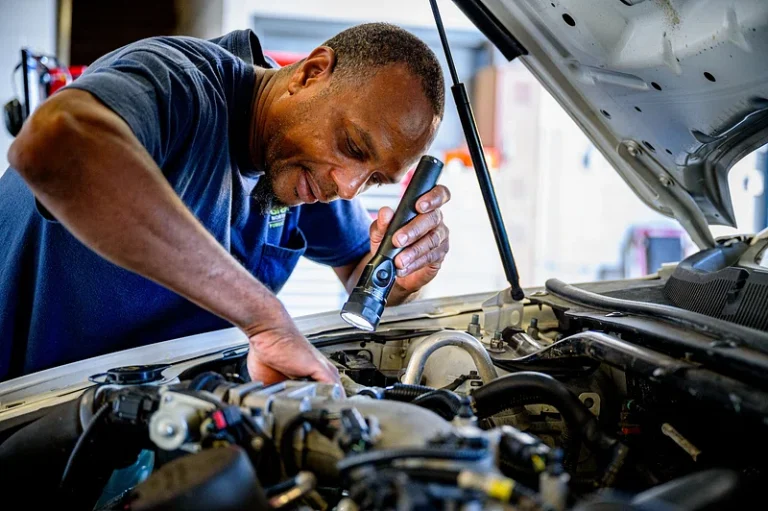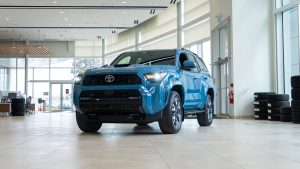Recalls are an essential part of vehicle safety, designed to address potential issues that could affect the performance or safety of your car. However, many vehicle owners aren’t sure what to do when they receive a recall notice or hear about a recall for their specific vehicle model. To help you navigate the process, we’ve compiled a list of key do’s and don’ts when it comes to vehicle recalls!
Do: Take Recalls Seriously
Recalls are issued for a reason—whether it’s a minor issue or a significant safety concern. Ignoring a recall can put you and others at risk. Always take recall notices seriously and plan to have the issue addressed as soon as possible. Even minor issues can develop into larger problems if left unresolved.
Don’t: Delay Acting on a Recall
While it’s easy to push off dealing with a recall due to a busy schedule, it’s important not to delay. Manufacturers issue recalls to prevent accidents or malfunctions, which could happen at any time. Acting promptly ensures your vehicle remains safe to drive. Delays can also increase your risk of encountering the issue that prompted the recall in the first place.
Do: Check for Recalls Regularly
Even if you haven’t received a recall notice, it’s a good idea to check for recalls periodically, especially if you own an older vehicle. You can do this by entering your Vehicle Identification Number (VIN) on the manufacturer’s website, Transport Canada’s recall database, or by contacting Birchwood! Regular checks can ensure you’re always up to date.
Read more: How to Check if Your Vehicle Has a Recall
Don’t: Attempt DIY Fixes
Vehicle recalls are specific to certain parts or systems and should only be repaired by certified professionals. Attempting to fix the issue yourself can be dangerous and may void any warranties. Always take your vehicle to an authorized dealership like Birchwood for recall work. Remember, recall repairs are done at no cost to you!
Do: Keep Your Contact Information Updated
To ensure you receive recall notices, it’s crucial to keep your contact information updated with both your vehicle manufacturer and your dealership. If you’ve moved, changed phone numbers, or updated your email address, make sure this information is reflected in the manufacturer’s records. This will ensure you receive timely notifications if a recall is issued for your vehicle.
Don’t: Assume Used Cars Are Recall-Free
If you’ve purchased a used vehicle, it’s essential to check for any outstanding recalls. Previous owners may not have addressed them, leaving you with the responsibility. You can use the VIN to check for any recalls that apply to your vehicle. This is particularly important when purchasing from a private seller, as dealerships often ensure recalls are addressed before selling a used car.
Do: Keep Documentation
After your recall repair is completed, make sure you receive documentation of the service. This could be useful if you ever sell the vehicle or need to prove that the recall was addressed. Keeping a record of all vehicle repairs, including recall work, helps maintain the value of your vehicle and ensures transparency with potential buyers or new owners.
Don’t: Ignore “Minor” Recalls
Some recalls may seem trivial, but it’s important not to ignore them. Even seemingly minor issues can lead to more significant problems down the road. For example, a recall for a software update might not seem urgent, but ignoring it could lead to performance issues or safety hazards in the future. Treat every recall as an opportunity to keep your vehicle in top condition.
Do: Stay Informed About Common Recall Issues
Understanding the types of recalls that frequently occur can help you be more vigilant. Common recall issues include problems with airbags, brakes, tires, and electrical systems. Staying informed about these common issues can help you identify potential recalls sooner and act more quickly.
Don’t: Panic
If you receive a recall notice, it’s important to stay calm. Most recalls are preventive, meaning the manufacturer has identified a potential issue before it becomes widespread. Follow the instructions in the recall notice, contact your dealership, and schedule a repair. Panicking can lead to hasty decisions, such as selling the vehicle prematurely or avoiding driving it unnecessarily.
Do: Reach Out for Support
If you’re unsure about a recall notice or the steps to take, don’t hesitate to reach out for support. Any Birchwood dealership can provide you with all of the information you need! We can guide you through the recall process, from checking if your vehicle is affected to scheduling the necessary repairs. Your safety is our priority.
Read more: What to Do When Your Vehicle Has a Recall: Step-by-Step Guide

Knowing how to handle them properly is crucial for every vehicle owner. By following these dos and don’ts, you can ensure that you respond to recalls promptly and effectively, keeping your vehicle in optimal condition and ensuring your safety on the road! Birchwood is here to assist you with all your recall needs, from checking for outstanding recalls to performing necessary repairs.


